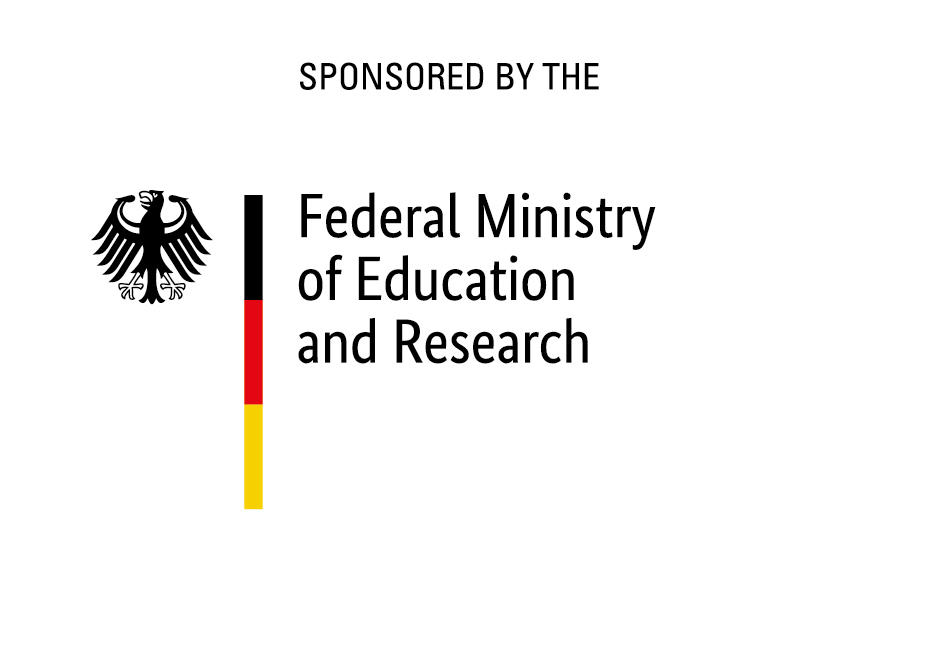Nanoprobe based rapid analysis of drinking water in crisis situations
Current state
Drinking water is the most important food! The quality of our drinking water is subject to strict and frequent monitoring. In crisis situations, ranging from water main bursts to natural disasters like flooding and earthquakes, contamination with pathogens or hazardous substances cannot be excluded. The supply of drinking water in crisis situations is one of the most important tasks of relief organizations such as the THW. The analysis of bacteria requires complex and above all lengthy laboratory-based testing. Water samples must be cultured and incubated for at least 18 hours, some of them for several days. Only then can the contamination of the sample be determined on the basis of the growth of the colonies. In case of a disaster, this takes far too long to maintain general hygiene standards and prevent epidemics.
AIM
The aim of the BMBF-funded joint project “Nanosonden basierte Schnellanalytik von Trinkwasser in Krisensituationen (NANObeST)” [“Nanoprobe based rapid analysis of drinking water in crisis situations”] is to investigate, test and establish a mobile and field suited rapid analysis system for drinking water. The objective is to enable aid organizations like the THW to detect, determine and quantify microbial contaminations, the total bacterial count as well as toxins during their missions. Solely by means of a rapid analysis can protective measures be quickly initiated, so that safe drinking water can be supplied to the community.
Previous work
The preceding project "AquaNANO" explored a novel, faster analytical method and demonstrated the principal feasibility as well as showing the great potential of the analysis approach. Pre-treated magnetic nanoprobes coated with special antibodies that selectively bind to pathogens are utilized for separating the pathogens from the drinking water and as markers for detection.
The THW and other aid organizations have to be prepared for various mission scenarios. In the field of drinking water supply, the main scenarios include the purification of raw water sources, quality control, hazard identification for helpers and prevention of the spread of diseases.
Water samples, either of raw water sources or of drinking water quality, have to be analyzed for pathogens and toxins as quickly as possible. For this, magnetic immunodetection in conjunction with magnetic multiplex detection are used. The instruments are being developed according to the THW’s requirements.
 Fraunhofer Institute for Molecular Biology and Applied Ecology IME
Fraunhofer Institute for Molecular Biology and Applied Ecology IME









